Search
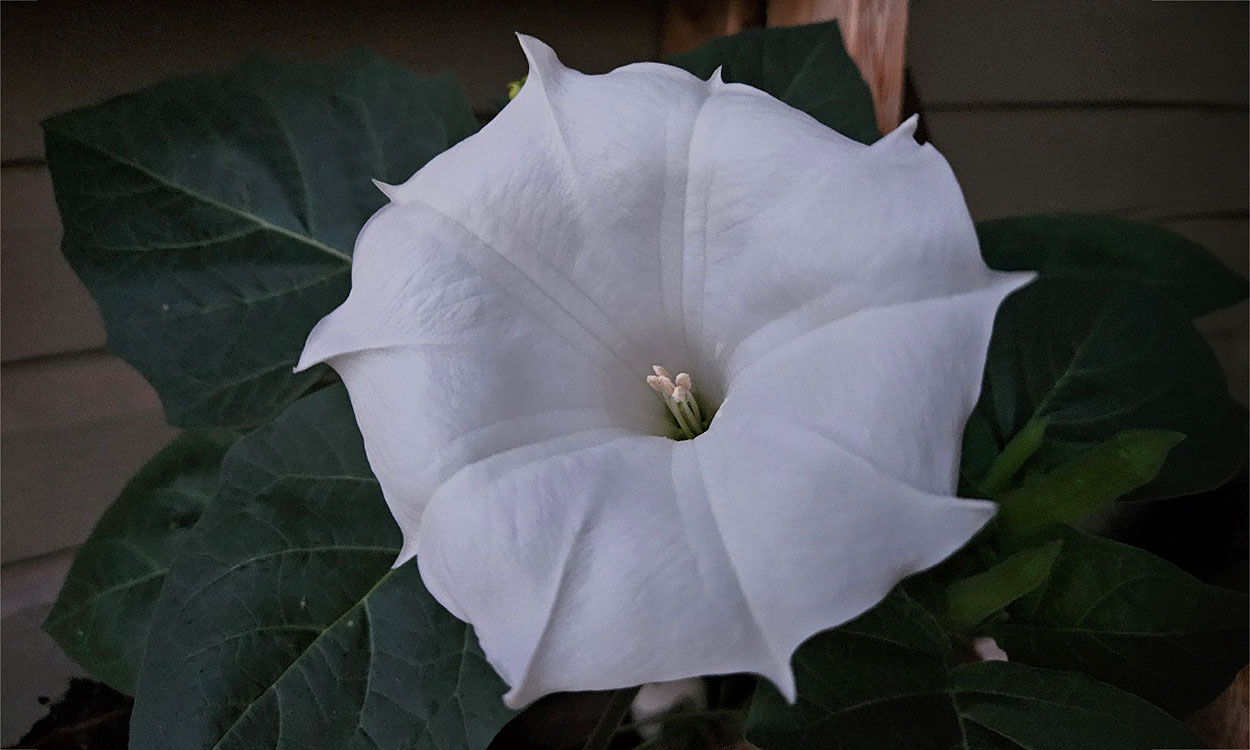
Night-Blooming Flowers and Host Plants for Moths
Moths are fascinating creatures, and they are also important pollinators. Learn about a variety of night-blooming flowers and native host plants that can attract these beneficial insects to your yard and garden.
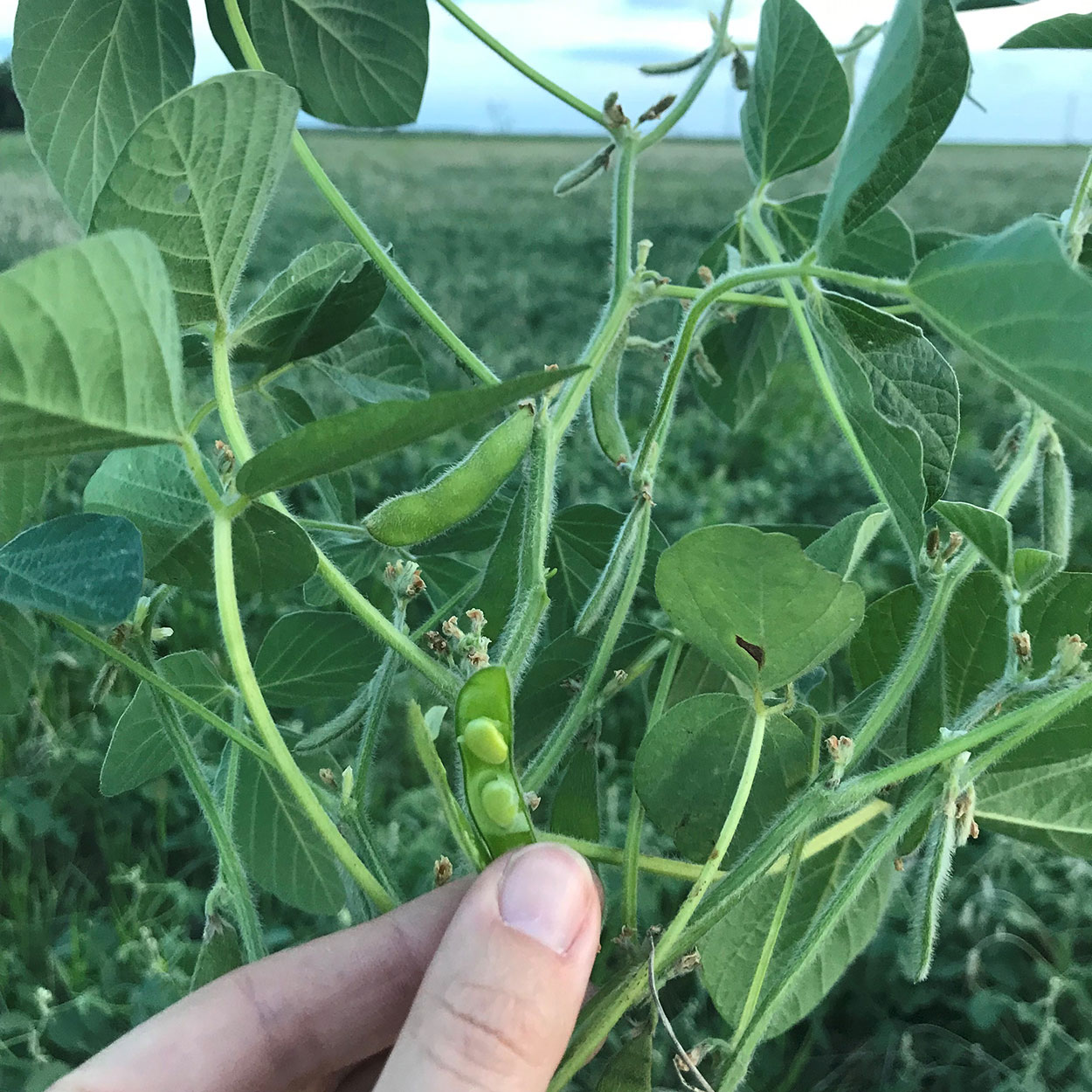
Salvaging Drought-Stressed Soybeans as Feed
One of the more popular questions we’ve been receiving lately involves using soybeans as forage. Although the soybeans planted for grain are not typically bred for forage use, we can salvage the crop for said forage if need be.
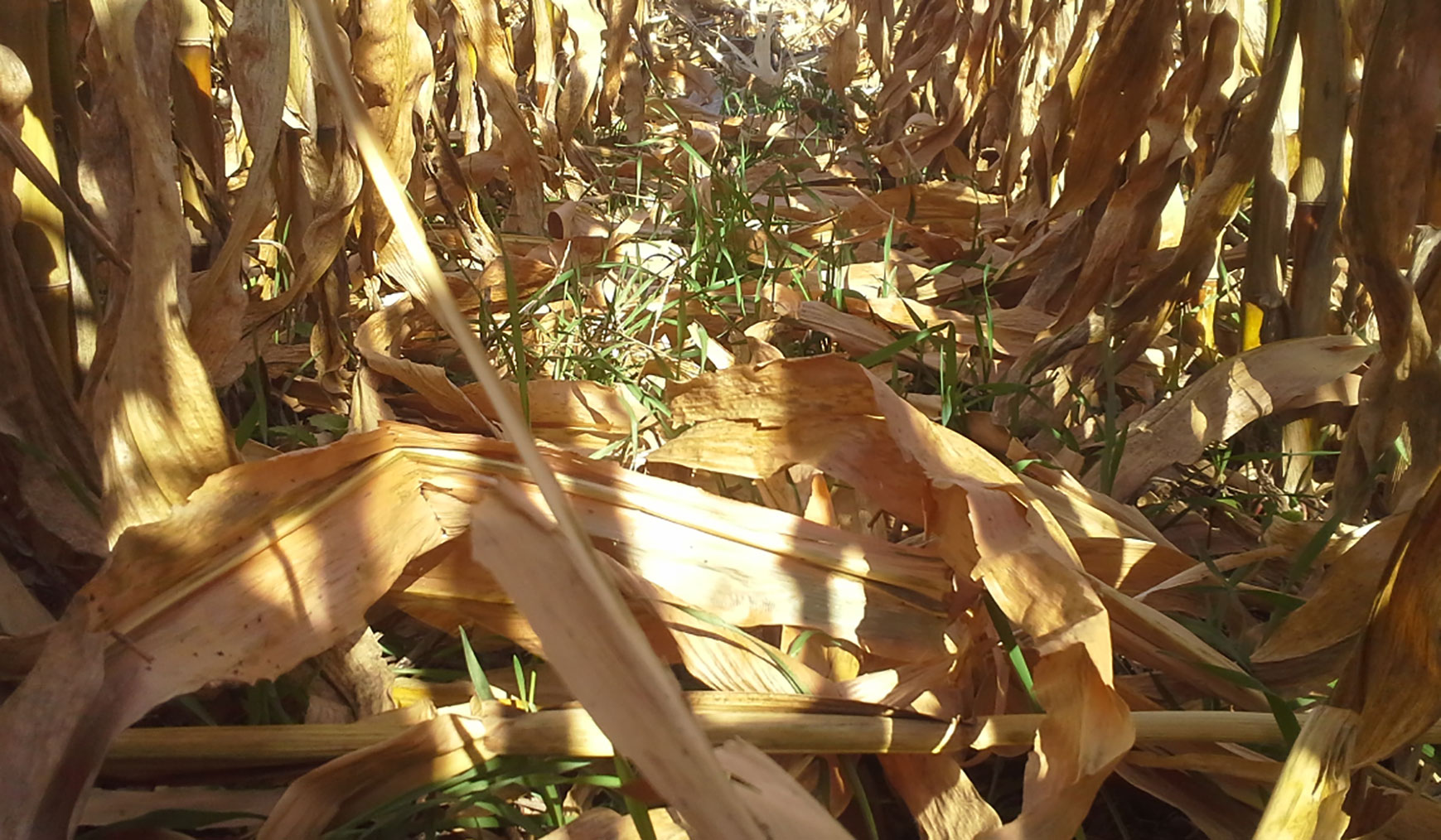
Cereal Rye Cover Crop Between Corn and Soybean
Interest in cover crops has increased in recent times. Cereal rye has been a cover crop of choice among corn and soybean growers in South Dakota due to its superior tolerance to cold temperatures and ability to overwinter in a Northern climate.
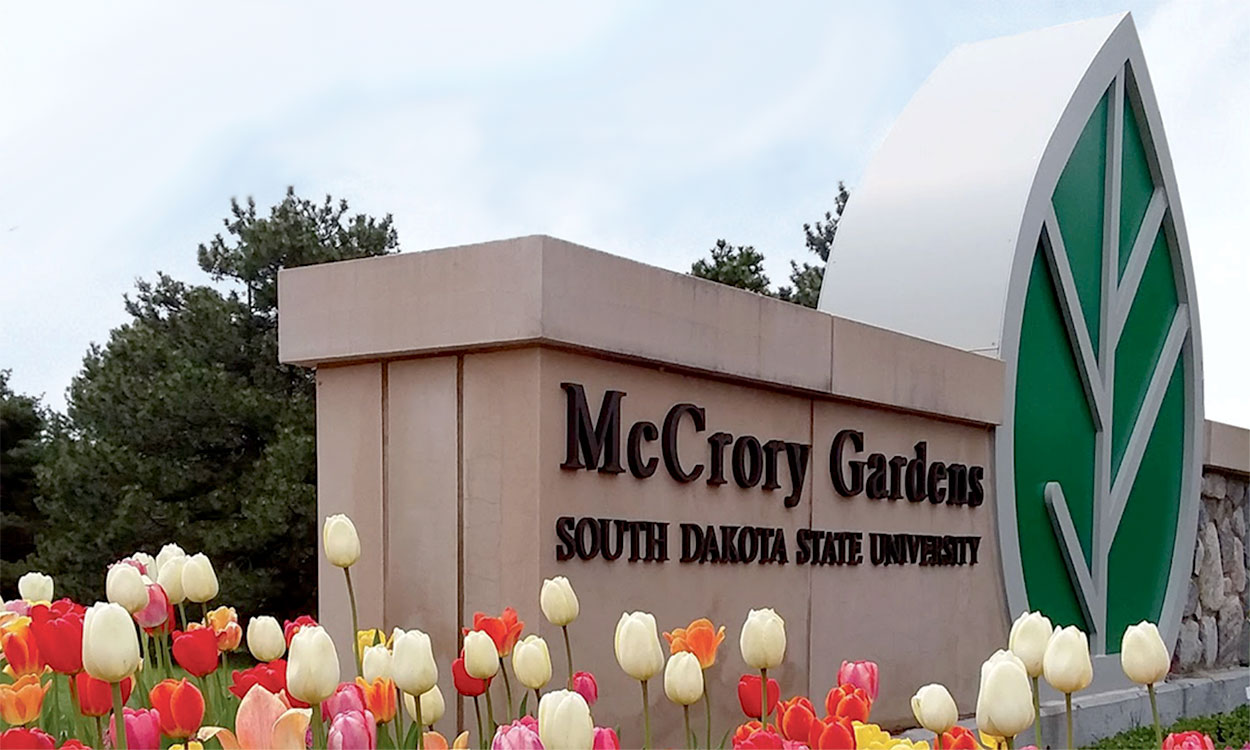
McCrory Gardens to Host 2022 Garden Discovery Festival May 22
May 16, 2022
SDSU Extension and McCrory Gardens will be hosting the 2022 Garden Discovery Festival on May 22 from noon to 5 p.m. CDT at the McCrory Gardens Education and Visitor Center in Brookings.
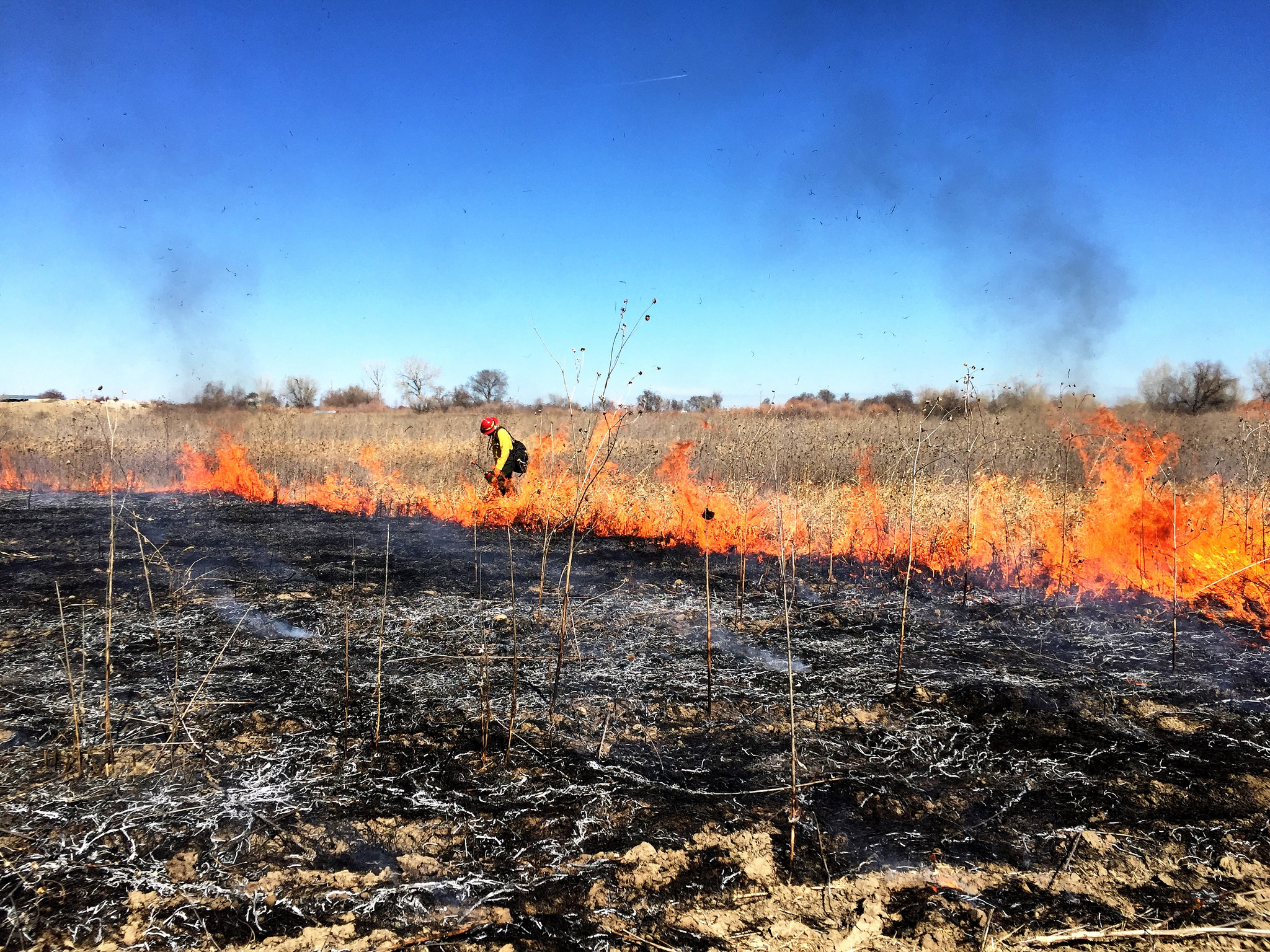
Fall Fire Safety
The moisture and cooler temperatures of fall make it easy to become lax about fire danger, however, conditions can still lead to easy ignition and rapid growth of wildfires.
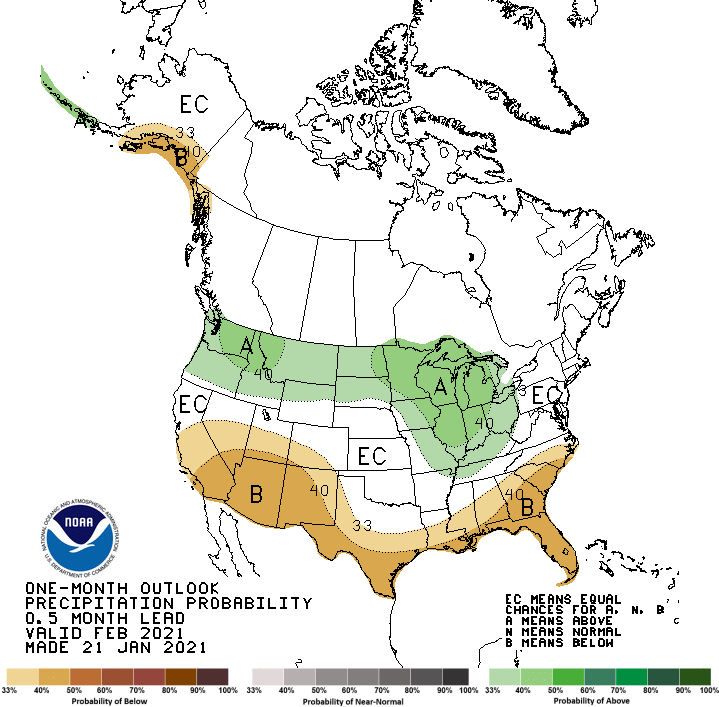
Drought Conditions Continue to Deteriorate Across South Dakota
April 06, 2021
South Dakotans’ apprehension of an impending drought has been growing.
How Will You Make Hay This Year?
With plenty of spring moisture, hay season will be here before you know it. Have you considered the type of binding material you will use to put up hay this year?
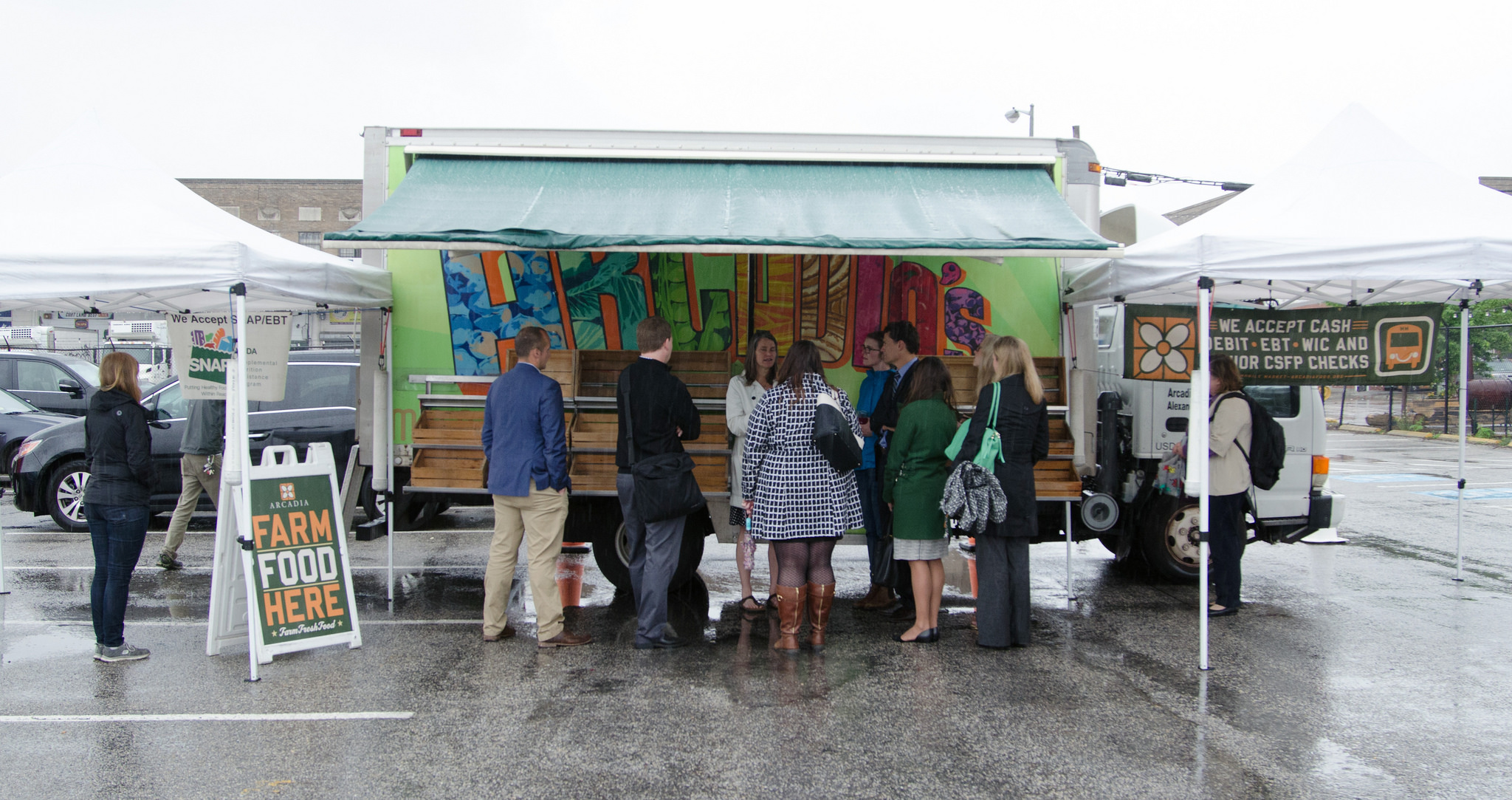
The Benefits of Food Hubs
Food hubs provide another marketing option to producers who do not have time to participate in a farmers market or other direct marketing venues.
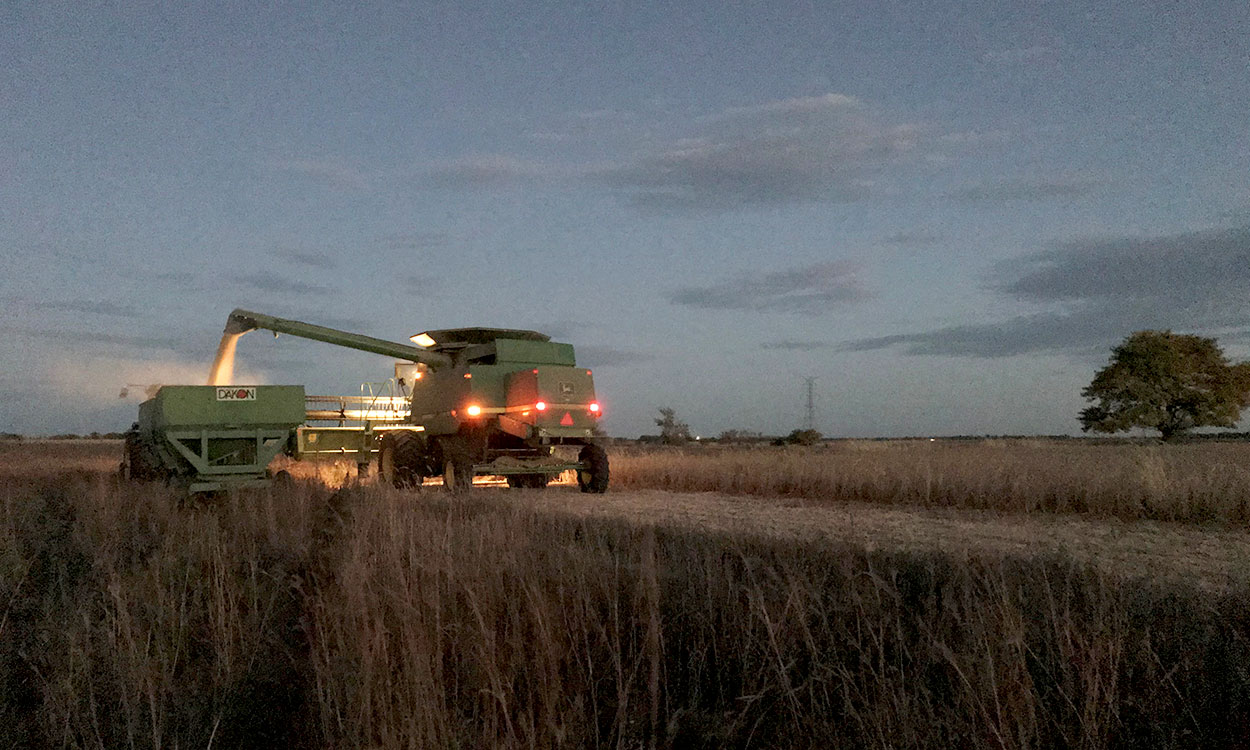
A Safe Harvest
Personal safety can be easier said than done when running on little sleep and working through the thick of harvest. Learn some important safety tips to keep you and your operation safe during this busy time of the year.
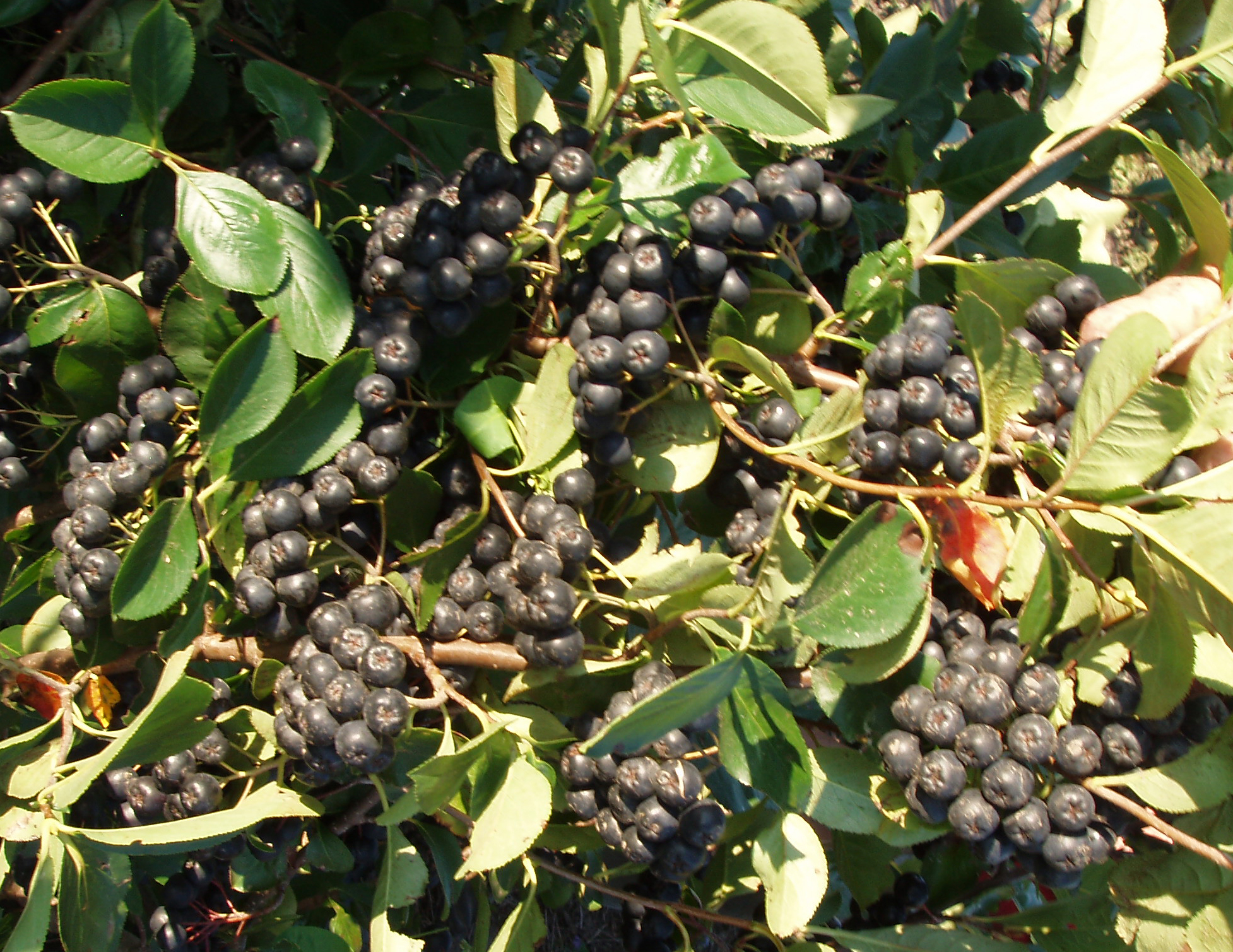
What is This Fruit… And is it Edible?
In mid- to late-summer, we often get the questions: “What kind of fruit is this?” and “Is it edible?” To identify a fruit, it is helpful to know both plant and fruit characteristics: Woody or herbaceous plant? Vining or upright? Do the leaves attach to the stem opposite each other (i.e., paired), or do they alternate from one side of the stem to the other? What size and color are the fruit? Is each fruit’s stem attached directly to the twig, or are they in a cluster that attaches to the twig? And, one question I find often helpful in distinguishing among smaller fruits, does it have a single pit, or are there several seed in each fruit?